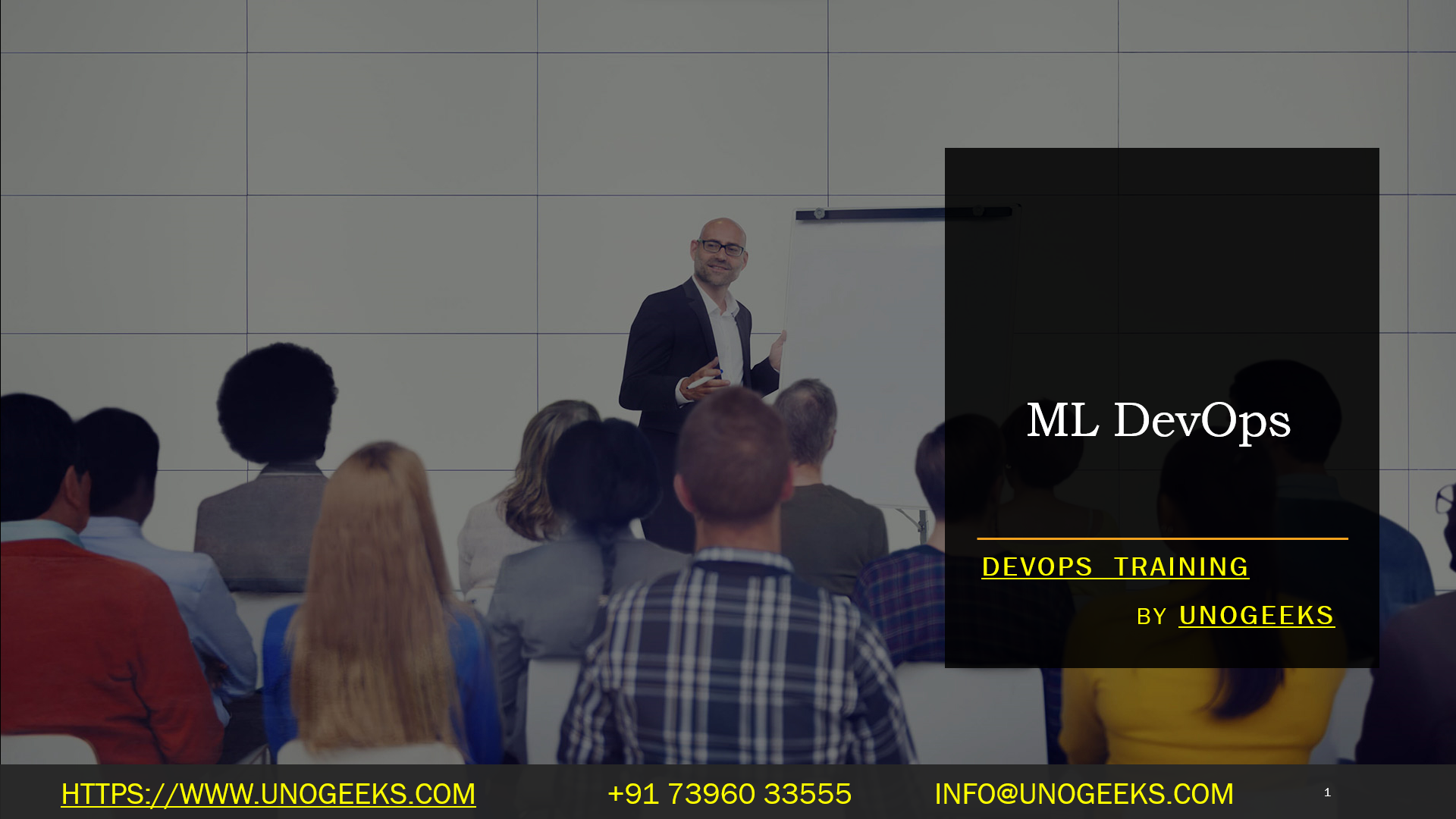ML DevOps
ML DevOps
ML DevOps
ML DevOps
ML DevOps
ML DevOps
ML DevOps
ML DevOps
ML DevOps
ML DevOps
ML DevOps
ML DevOps
ML DevOps
ML DevOps
ML DevOps
ML DevOps
ML DevOps
ML DevOps
ML DevOps
ML DevOps
ML DevOps
ML DevOps
ML DevOps
ML DevOps
ML DevOps
ML DevOps
ML DevOps
ML DevOps
ML DevOps
ML DevOps
ML DevOps
ML DevOps
ML DevOps
ML DevOps
ML DevOps
ML DevOps
ML DevOps
ML DevOps
ML DevOps
ML DevOps
ML DevOps
ML DevOps
ML DevOps
ML DevOps
ML DevOps
ML DevOps
ML DevOps
ML DevOps
ML DevOps
ML DevOps
ML DevOps
ML DevOps
ML DevOps
ML DevOps
ML DevOps
ML DevOps
ML DevOps
ML DevOps
ML DevOps
ML DevOps
ML DevOps
ML DevOps
ML DevOps
ML DevOps
ML DevOps
ML DevOps
ML DevOps
ML DevOps
ML DevOps
Machine Learning (ML) DevOps, often referred to as MLOps, is a set of practices that aims to unify ML system development (Dev) and ML system operations (Ops). It brings together the best of both worlds: the rigorous and systematic approach of software development (DevOps) and the unique demands of machine learning models. Here are some key aspects of ML DevOps:
Version Control for Data and Models: Just like in software development, version control is crucial in ML DevOps. This involves not just the code, but also the data sets and ML models. Tools like DVC (Data Version Control) are often used for this purpose.
Automated and Reproducible Pipelines: ML DevOps focuses on creating automated pipelines for training and deploying models. These pipelines should be reproducible, meaning anyone can recreate the same model from the same data.
Continuous Integration and Continuous Delivery (CI/CD) for ML: Integrating CI/CD practices helps in automating the testing and deployment of machine learning models. This ensures that models are robust, scalable, and easily deployable.
Monitoring and Validation of Models in Production: Unlike traditional software, ML models can degrade over time due to changing data patterns. ML DevOps includes strategies for continuous monitoring of model performance and data drift, and mechanisms for retraining and updating models as needed.
Collaboration and Communication: Effective communication between data scientists, ML engineers, and operations teams is vital. Ensuring everyone understands the model’s goals, performance metrics, and operational constraints is key.
Experiment Tracking and Management: ML DevOps involves tracking experiments in a systematic way. Tools like MLflow or Weights & Biases help in tracking, comparing, and reproducing experiments.
Infrastructure as Code (IaC) for ML: Managing infrastructure through code helps in setting up consistent, reproducible environments for training and deploying models. This includes managing resources like compute power and storage in a scalable way.
Security and Compliance: Ensuring that data used for training and inference is handled securely and in compliance with regulations like GDPR or HIPAA is crucial, especially in sensitive domains like healthcare or finance.
Incorporating these practices into your ML projects can significantly improve the efficiency and reliability of machine learning systems, allowing for quicker iterations and more robust deployments. MLOps is still a growing field, so staying updated with the latest practices and tools is beneficial.
Demo Day 1 Video:
Conclusion:
Unogeeks is the No.1 IT Training Institute for DevOps Training. Anyone Disagree? Please drop in a comment
You can check out our other latest blogs on DevOps here – DevOps Blogs
You can check out our Best In Class DevOps Training Details here – DevOps Training

———————————-
For Training inquiries:
Call/Whatsapp: +91 73960 33555
Mail us at: info@unogeeks.com
Our Website ➜ https://unogeeks.com
Follow us:
Instagram: https://www.instagram.com/unogeeks
Facebook:https://www.facebook.com/UnogeeksSoftwareTrainingInstitute
Twitter: https://twitter.com/unogeeks
